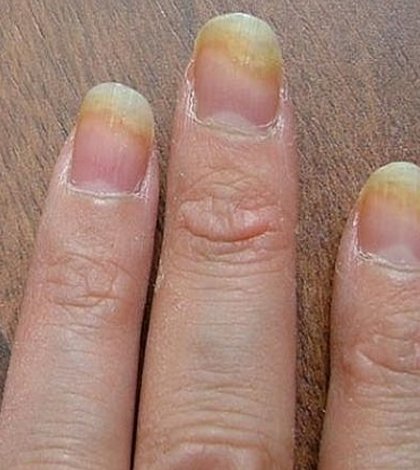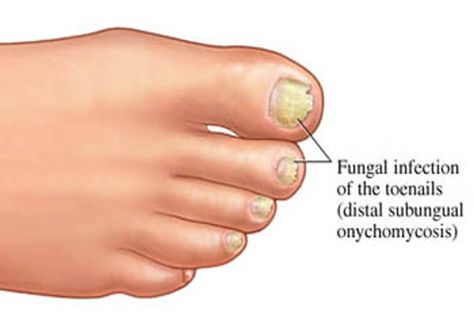
A fungal infection, also known as mycosis, a skin problem caused by a certain fungus, is an embarrassing skin condition
These infections can occur anywhere in your body, but they are particularly common in areas with warm and moist conditions such as the legs, groin, and feet. Some of the more common are jock itch, athlete's foot, yeast infections, and ringworm. Jock itch causes itchy skin on the groin area. Athlete's foot can cause dry skin patches on your feet, which can also be extremely irritating.
Fungal infection on the genitals, such as gonorrhea, can also be very painful. The condition, known as cervicitis, is also referred to as cervical cancer. This is due to the fact that the cervix is the main entrance for the female reproductive tract. You can get this infection from a sexual partner or a vaginal wound. Another infection commonly referred to as vagina discharge is chlamydia, which is caused by the bacteria, Chlamydia. Most people only experience genital herpes and are not aware they have this condition.
While there are many different types of these skin diseases, most often they are caused by an overgrowth of an organism called the candida albicans. This organism usually lives naturally on the body and the immune system normally repels it. When the immune system is weak, the organism can mutate into a different form and spread to the other areas of the body, causing an infection. When a person has these infections, they have itching, burning, swelling, and redness.
Fungal infections tend to appear at different times, so it's hard to pinpoint exactly when an infection starts. Generally the first sign you may notice is when a discharge appears, this is usually white and sometimes yellow. This discharge can vary and can be present in small amounts on one area of your skin or a big red area. If you have the infection in your genitals, then you may have it on the outside of your genitals and the inside of your vagina.
Once you start to notice a fungus, you should take steps to prevent spreading. It can be very difficult to treat an infection once it has started spreading because it is so hard to remove all of the spores from the area that the infection was located. The easiest way to clear up an infection is to treat the whole area.

When you think you have an infection, try using over-the-counter treatment options
These include creams, ointments, suppositories, or powders. There are many over-the-counter products that you can buy in a store that will help treat the infection. The important thing is to use these remedies while they are still on the skin and after the infection has gone.
There are also prescription medications you can buy in a pharmacy, but these should only be used as a last resort. These medications should never be used for skin infections because they are too strong and will do more harm than good. It is important to see a doctor if you have these on your skin.
Home treatment for this type of infection can be as simple as applying petroleum jelly directly onto the affected area. It should not be applied near any area that has open sores. Using an antifungal cream or powder can be just as effective. applying them to the infected area and leaving it on for about 15 minutes. In some cases a cream or powder may need to be repeated until the infection has been completely removed.
Some people opt for oral antibiotics. These are taken orally every day. They come in both pills and liquid. If you are allergic to the drugs then you should avoid using them, especially if you have diabetes. Antibiotics are commonly prescribed to treat fungal infections of all kinds.
A good way to keep your mouth and throat healthy is to drink a lot of water. This is because the moisture in your mouth will keep any fungus you have from growing. and causing an infection. In addition, it will also keep the germs from entering your body.
Once you have a fungal infection the last thing you want to do is wait and hope that it will go away on its own. If you are diagnosed with a fungal infection, it is important that you get proper treatment as soon as possible. The faster you treat it the better off you will be. The sooner you treat it the more likely you are to have a full recovery.